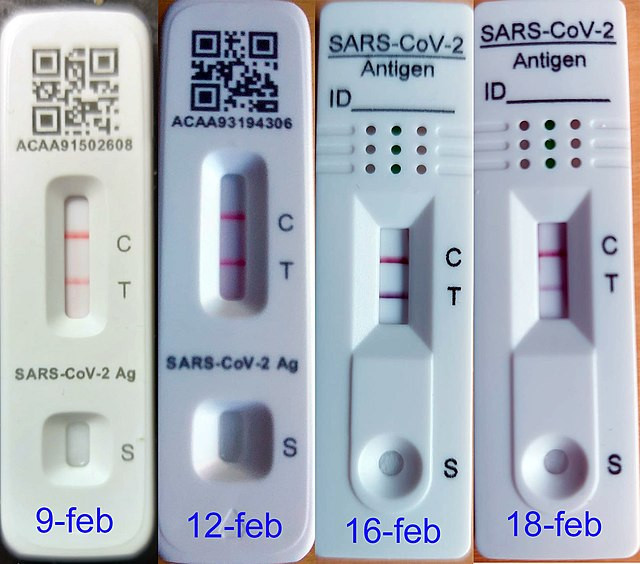As summer draws to a close, the United States is experiencing its largest surge in COVID-19 cases in at least two years, signaling the need for renewed vigilance and precaution. Data from the Centers for Disease Control and Prevention (CDC) show a significant rise in viral activity, with levels in wastewater reaching the highest point for a summer surge since July 2022. This uptick, driven by new variants and waning immunity, has caught health experts and officials by surprise, prompting concerns about the months ahead.
The CDC's national COVID-19 wastewater dashboard reported a viral activity level of 8.82 on August 10, just shy of the 9.56 peak recorded in July 2022. "This year's COVID-19 wave is coming earlier than last year," noted Dr. Jonathan Yoder, deputy director of the CDC's Wastewater Surveillance Program. The rise in viral levels, which began in May, has been steady, with the Western U.S. region showing the highest concentrations.
The increase in wastewater viral activity is being echoed in emergency room visits, hospitalizations, and deaths, although these metrics have not surged as dramatically as infections. According to the CDC, about four people per 100,000 are currently being hospitalized for COVID-19, up from a low of one per 100,000 in May. Despite the rise, these numbers remain below the winter peaks seen in previous years.
The WastewaterSCAN network, a nationwide surveillance program, confirms these findings. "This is a very significant surge," said Dr. Marlene Wolfe, an assistant professor of environmental health and public health at Emory University. "We're detecting SARS-CoV-2 in 100 percent of our samples across the country right now."
While the precise correlation between wastewater virus levels and actual case numbers remains complex, the trend is unmistakable. The surge is attributed to a combination of factors, including the emergence of new variants that evade existing immunity and the return of children to classrooms, which creates additional opportunities for the virus to spread.
The rise in cases is occurring ahead of the availability of an updated COVID-19 vaccine designed to better protect against these new variants. Dr. Peter Hotez, an infectious disease expert at Texas Children's Hospital, expressed disappointment that the new vaccine isn't yet available. "It's a bit disappointing that these are not available now, as COVID is surging," he said. The Food and Drug Administration (FDA) is expected to approve the updated vaccines from Pfizer, Moderna, and Novavax in the coming weeks, with distribution anticipated by the end of September.
In the meantime, health officials are advising the public to take familiar precautions to protect themselves. Dr. William Schaffner, an infectious disease expert at Vanderbilt University, recommended that people get the new vaccine as soon as it becomes available. He also emphasized the importance of using high-quality masks, such as N95 or KN95, in crowded indoor spaces, and keeping COVID-19 tests on hand to quickly identify any infections.
The surge in COVID-19 cases has renewed questions about the duration of isolation periods and the effectiveness of current guidelines. The CDC has adjusted its recommendations over the years, most recently advising that people isolate until they have been fever-free for at least 24 hours and their symptoms have improved. Dr. Neil Fishman, chief medical officer at the Hospital of the University of Pennsylvania, noted that while the risk of transmission decreases significantly after five days, there remains some risk until day 10.
Fishman also addressed concerns about the new variants, known as FLiRT variants, which are currently dominating the U.S. landscape. Although these variants may evade some immunity, they do not appear to be more severe or contagious than previous strains. "They appear to cause the same type of disease as other strains," Fishman said. However, he warned that the risk remains significant for those who are unvaccinated or have underlying health conditions.
As the U.S. navigates this latest surge, experts continue to stress the importance of public health measures. "Stay home if you're sick, clean your hands, cover your cough," advised Fishman. He also suggested considering masks in crowded environments, particularly on public transportation, where the risk of transmission is higher.





